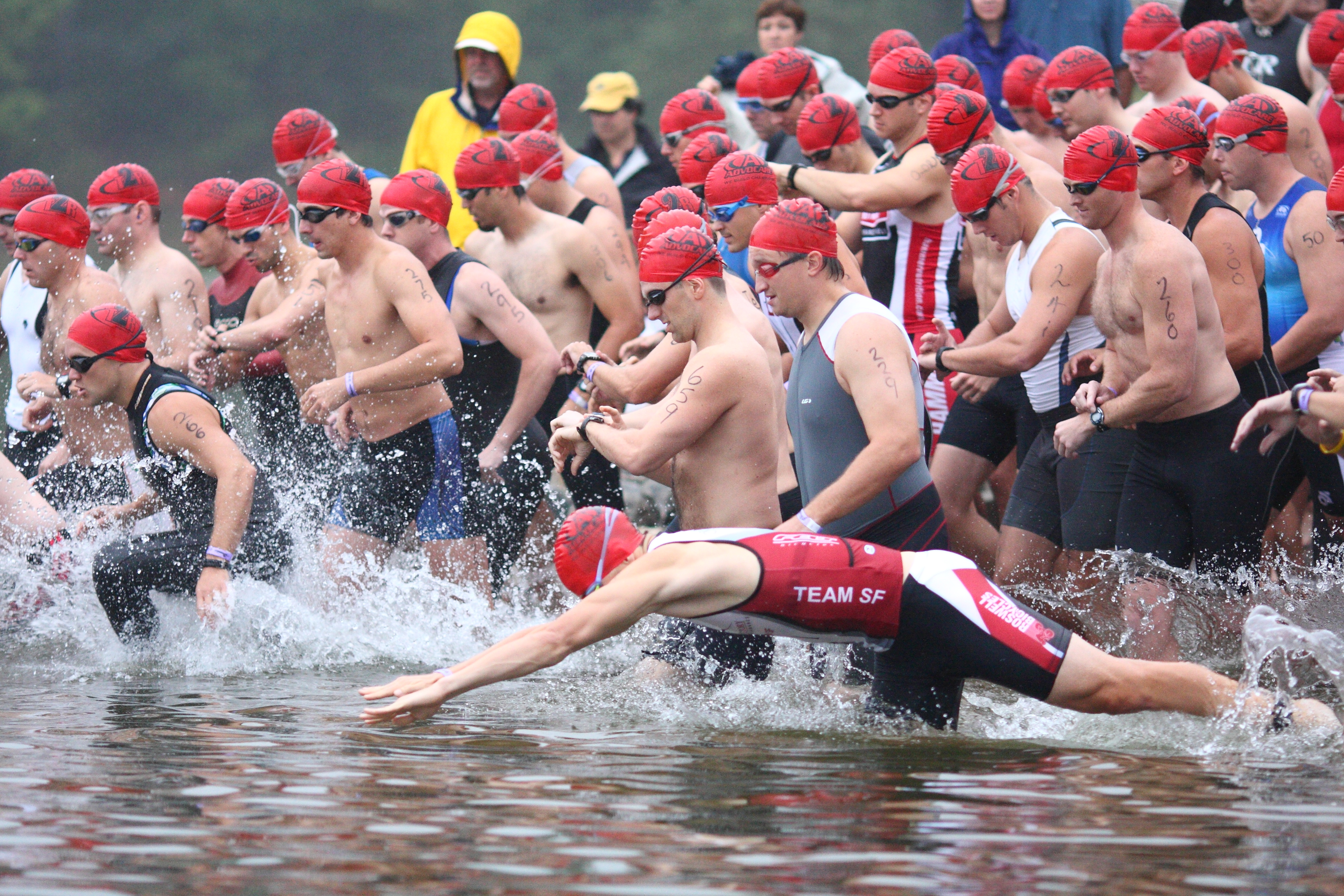You Are Disciplined To Train, But Do You Have Training Discipline?
Posted by Matt Russ on 12th Aug 2015
By Matt Russ
 I have the privilege of working with motivated athletes of all levels, and most exhibit a very high degree of self discipline. Contrary to perception it is not hard to push these athletes to train; it is more difficult to get them to actively rest and recover. Training can be a
slippery slope, the training process, if executed correctly, should entail frequent rebalancing of the amount of stress against the amount of recovery. Even though you may be a highly disciplined athlete, training
discipline means promoting this stress/recovery balance foremost and not "pushing through" another sub-standard workout that puts you further in the hole.. It means knowing when not to train.
Training too often, too hard, and too much can be far more detrimental than not enough.
I have the privilege of working with motivated athletes of all levels, and most exhibit a very high degree of self discipline. Contrary to perception it is not hard to push these athletes to train; it is more difficult to get them to actively rest and recover. Training can be a
slippery slope, the training process, if executed correctly, should entail frequent rebalancing of the amount of stress against the amount of recovery. Even though you may be a highly disciplined athlete, training
discipline means promoting this stress/recovery balance foremost and not "pushing through" another sub-standard workout that puts you further in the hole.. It means knowing when not to train.
Training too often, too hard, and too much can be far more detrimental than not enough.
Too many athletes confuse high volume training with high quality training. Just increasing the amount that you run, ride, or swim will not necessarily get you faster. You have to choose the right work out, at the the right time, when you have the energy to optimize it. You have to train your weakest link when you want to promote your strength. Training should be a slow, steady, and patient progression. Your body is on it's own time line and the fitness realized from a single workout is not only small, it may follow it by several weeks. If you are feeling good during a particular workout and reach for considerably more than planned... it just may be the workout that peaks you too early and puts you in a hole. A proper plan will not increase overall volume more than about 8% per week with a maximum of 10%. Try to keep these numbers in mind when you design your own training plan. No matter what the mind wants you must follow what the body needs.
Another common mistake is training too hard in the weeks leading up to a race. Depending on your event you should taper your training for 1-2 weeks or more. In this time overall volume goes down while intensity stays up. The purpose of the taper is to have you fully rested while maintaining a high level of fitness. It is a most difficult time mentally for many athletes. To stay disciplined through the taper means being confident in the work you have put in prior to it. It is easy to succumb to the feeling that you are under trained when in fact you are precisely where you need to be. As Chris Carmichael once told me, there is nothing you can do the week of a race to increase fitness, but there is everything you can do to screw it up!
If you are sick, over-stressed, or generally feel like you need a day off it is almost always best to take it. In my experience highly motivated type A personalities have a real hard time being in tune with their bodies. Consider the quality of your workout foremost. If you are just going through the motions and do not have the energy to complete your workouts as prescribed, rest will be more beneficial than additional stress. Training suppresses the immune system. Training while sick suppresses and already suppressed immune system even further, and prolongs whatever your body is attempting to fight off.
It is important to have a written plan. A plan is not a general recommendation, a goal, a group, or an idea, but a deliberate course of action. You should be able to see (and quantify) your progression from block to block. Contrary to the type A over-achiever, the "close enough" athlete may be under-disciplined. It is better to have the satisfaction of completing your work out as prescribed, and put it in the bank, as long as it is reasonable and attainable. You cannot fast forward fitness, and each workout that is incomplete or missed means adjusting your time line. This will eventually catch up with you; usually on race day. Do not to make too many changes and adjustments mid workout. If you do need to change your plan or miss a work out make sure you adjust your other weeks to compensate.
Training discipline means having a good plan and sticking to it. It means training smart, not just hard. If you are confused about your training consult with a qualified coach. Often a one hour consultation can get you back on the right track.


